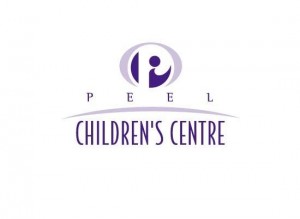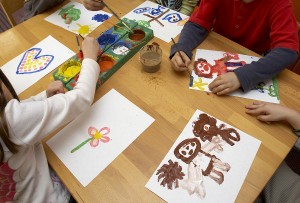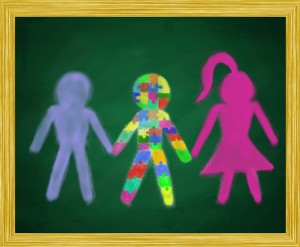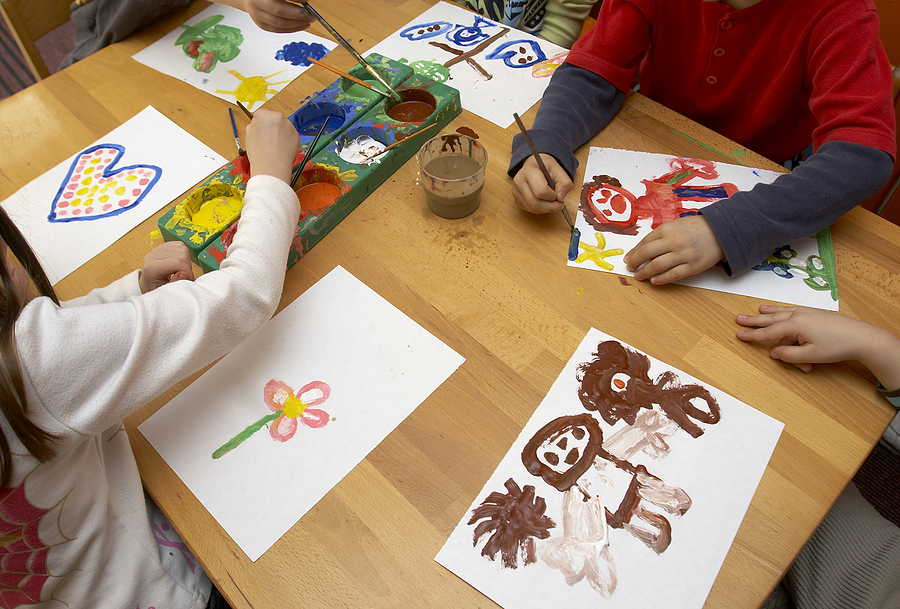
Editorial Partner
If you’re a parent, grandparent, or spend time around children, you’ve no doubt heard someone complain about a child’s inability to sit still, focus, or remain quiet for an extended period of time. While these behaviours are normal to an extent in children, they can sometimes indicate a problem in how the brain manages learning, perception, judgment and behaviour, otherwise known as Attention-Deficit/Hyperactivity Disorder (ADHD).
All children can have problems with paying attention, sitting still and controlling their actions but a child with ADHD experiences these difficulties with more severity and more often than other children their age. ADHD is one of the most common disorders in children, affecting 5-9% of children worldwide, and there are a variety of symptoms that can occur, including:
• Problems sitting still, fidgety
• Excessive talking & interrupting
• Impulsivity
• Easily distracted
• Problems following instructions
• Forgetful, loses things
• Disorganized
• Always on the go, can’t settle If you are concerned that your child may have ADHD, make an appointment with your family doctor for an assessment.
 After a child is diagnosed with ADHD, there are a number of treatment options available to the child and his or her family. There is no cure for ADHD, but there are ways to treat symptoms of ADHD so the child experiences fewer problems when interacting with peers and at school. Medication may be prescribed by your child’s doctor to help provide symptom relief, and the correct medication and dosage is determined by trials and adjusted as needed to give the best symptom relief with minimal side effects.
After a child is diagnosed with ADHD, there are a number of treatment options available to the child and his or her family. There is no cure for ADHD, but there are ways to treat symptoms of ADHD so the child experiences fewer problems when interacting with peers and at school. Medication may be prescribed by your child’s doctor to help provide symptom relief, and the correct medication and dosage is determined by trials and adjusted as needed to give the best symptom relief with minimal side effects.
Medication helps the parts of the brain that regulate attention, activity and impulsivity to work more effectively, and in this way taking medication for ADHD can be compared to wearing glasses to help improve poor eyesight. Parents and caregivers can also support children by learning specific parenting strategies that provide lots of structure, consistency and focus on praise and encouragement rather than punishment.
Structure helps to establish expectations for your child, and the repetition of routines can help them learn appropriate behaviour and self-regulation. Parents should also talk with their child’s school about extra supports in the classroom. Early intervention is key to helping a child who is facing any kind of mental health challenge. 
Attention-Deficit/Hyperactivity Disorder can present lifelong challenges, and the sooner a child and his or her family can learn how to cope, the better. Once your child has been diagnosed with ADHD, treatment can begin and life with your child will begin to improve.
Peel Children’s Centre is a nationally accredited children’s mental health agency in Peel Region. We provide a continuum of high quality mental health services for children, youth and their families living in Brampton, Mississauga and Caledon, Ontario. We also provide residential treatment services in Moncton, New Brunswick. You can learn more about PCC by visiting our website (peelcc.org) or by following us on Twitter (@PeelCC) and by liking Peel Children’s Centre on Facebook.



There are no comments
Add yours